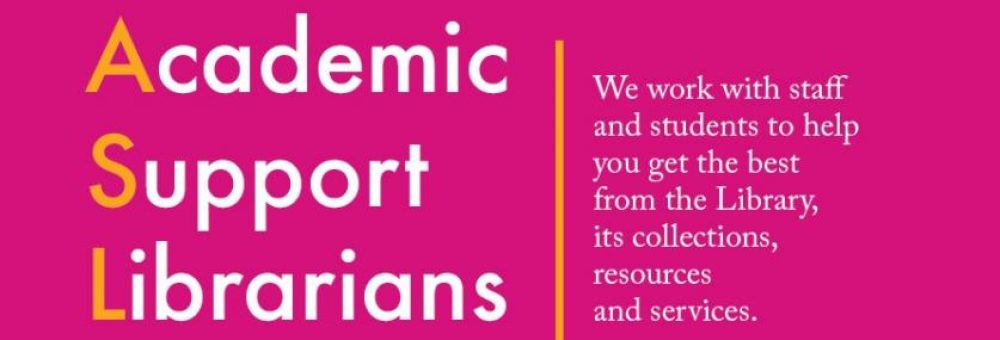On 7 June I attended a CILIPS conference session on Decoloniality and the library: the case at Goldsmiths, University of London, by Marilyn Clarke, Director of Library Services at Goldsmiths, University of London.
Marilyn started off with a quote from Desmond Tutu “If you are neutral in situations of injustice, you have chosen the side of the oppressor.” What can we do as librarians to be more than neutral?
At Goldsmiths, a Liberate our library working group was set up to look at this question. They started out by asking : do students see library spaces, books on the shelves, which looks like them? Do students see themselves when they come into the library?

Liberate our Library bookplate
Collections
- A Liberatemydegree book collection has been set up with £2500 annual allocation in budget
- Purchases since Autumn term 2017 – 335 items. Searchable collection in catalogue.
- Bookplate for purchased items – Liberate our degrees
- Promotion – book displays, social media, SU
Some of these new purchases have now ended up on course reading lists.
Metadata
- Looking at legacy bias in library subject headings and classification systems.
- Educating our users about why we’re making these changes
- Aim to develop socially aware cataloguing, which can make changes which are more representing
At Goldsmiths, they are adding in additional subject headings whilst keeping existing ones. They aim to be open about history, creating more knowledge, not less.
Engagement
- Information literacy workshops – Resistance Researching workshops. Encouraging students to take critical approaches to information gathering, open access for Resistance Researching – how to include underrepresented voices.
- Academic departments – working in partnership with them
- BAME library graduate traineeship
Useful resources
- LIS-Decolonise – mailing list
- Recommended book : Leung, S.Y. & López-McKnight, J.R., 2021. Knowledge justice : disrupting library and information studies through critical race theory, Cambridge, Massachusetts: The MIT Press.
